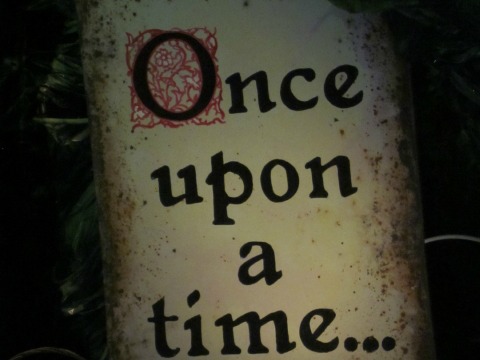Prior to travelling to Panama for a month-long stay in a small town in a remote rural area, my husband and I visited a local second-hand book store. We purchased a collection of paperbacks, mostly mysteries, for reading material while we were away. (I also had some ebooks on my iPad.) We packed the books in our luggage with the intent of leaving them behind when we returned home. A few of the books dated to the 1980s. It was interesting to read them in today’s context.
When we read an historical novel we expect to find details from that era, differences from our current world which help set the timing and place. Things about daily life of the time may seem odd, quaint, or even barbaric, but they draw us into the story and help us lose ourselves in another time and place. What happens when we read an older, but almost current, book which wasn’t written in an historical context?
Some details in the books I read jarred because they were dated. The reference to an answering machine as the latest new-fangled gadget was amusing. That story also included a gay relationship and cases of HIV/AIDS. The writing was not homophobic and the story flowed naturally with acceptance. Yet there was something in the writing and the reactions of some characters which reminded me attitudes had changed over the course of thirty years.
The earlier time period was less obvious in one of the other books I read. It was most noticeable by the absence of technology, such as cell phones, and a couple of references to movies and television shows of the era. In one book, research and investigation involved visits to the library, not the Internet.
No story is time-independent. The time period it is set in helps shape the story, whether intentionally set in a specific era or written in current context without deliberate thought about the era. Jane Austen’s books were contemporary when they were first published. Today they are period pieces.
I am now wondering what this means to writers, particularly when we are setting our stories in the current day. We may think the trappings of modern life are not important or relevant to the story of our characters’ struggles and development, butattitudes of the day and common technologies are integral to their daily lives.
I’ve read advice cautioning writers to avoid using popular slang in dialogue because it can so quickly date the story, often going out of style before the book is published. And yet judicious use of era-specific slang can go a long way to grounding a story in a particular time period. The way our characters go about their daily lives also plants the story in a specific era. Almost no one carries pagers these days. How will cell phones be used fifteen years from now?
What does this mean to the writer? If we choose to set the story in a time period other than the current, a few well-chosen details go a long way to making the story authentic. Whatever time period we choose, I think the best approach is to concentrate on writing a good, honest story. Every detail should belong and advance the story. It might be interesting to imagine a future reading of a story set in current day and try to identify what stands out. But if the elements belong in the story they need to stay there. In the case of the books I read, although I consciously noted the dated elements, the stories and characters were compelling enough to continue reading and enjoying.
Have you read a book that was dated in some way? How did you react?

The thing about time is that it always, without exception, moves forward. I enjoy bumping into an historical reference when reading a novel. Like you, it reminds me how very far we’ve come. Even stories set in a time period of 10 years ago can reference something culturally, like a TV show and I think it helps in understanding the character and his or her actions.